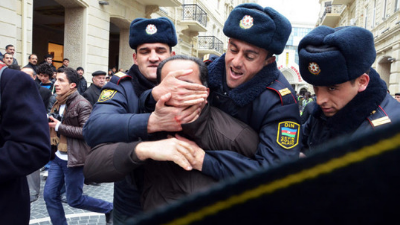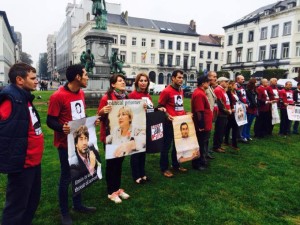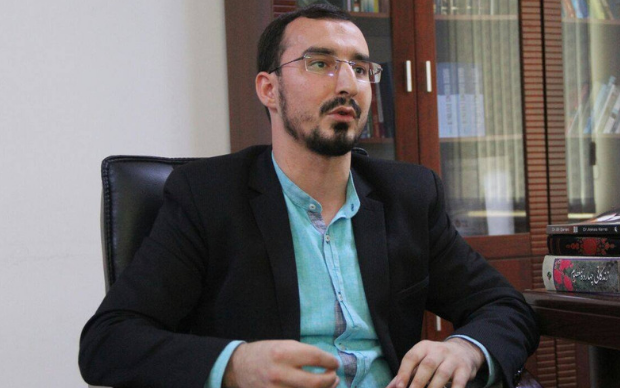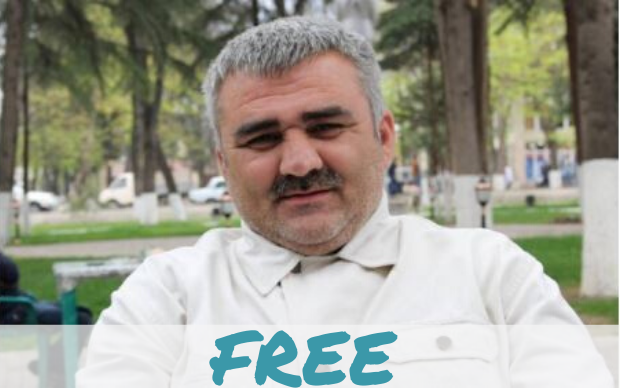STATUS:
Azerbaijan is a former Soviet republic which has been ruled by the Aliyev family since shortly after its independence in 1991. Former Communist Party official Haydar Aliyev came into power in 1993 and was succeeded after his death by his son, Ilham Aliyev, who has further consolidated his power through numerous Constitutional amendments. One of those amendments gave him the power to appoint his wife as First Vice President in February 2017. Although Azerbaijan has the structure of a representative government, President Aliyev and his family in practice rule over an authoritarian regime with a rubber-stamp parliament, a poor human rights record, and massive state corruption. Freedom House has ranked Azerbaijan ‘not free’ every year since 2004 due to the heavy restrictions on political rights and civil liberties in the country. Not only have the Aliyev family denied the people of Azerbaijan fundamental freedoms, but they have also laundered vast sums of money stolen from the country, and exploited their power to increase their personal wealth.
In addition to its rampant corruption and pervasive nepotism, the government has also restricted the work of all independent civil society organizations (CSOs), as well as imprisoned critics, human rights activists, journalists, and religious leaders to silence all opposition. Activists working to strengthen government accountability, promote human rights, or address corruption have become some of the most suppressed and persecuted groups in the country, living under the constant threat of arbitrary arrest, imprisonment, or violence. For the past decade, authorities have prosecuted hundreds of activists, journalists, and public figures on politically motivated charges, such as drug possession, tax evasion, illegal entrepreneurship, and even treason. Similarly, bank accounts associated with CSOs and their leaders have been frozen, and some of civil society activists face travel bans. Local human rights defenders report that there are currently more than 120 political prisoners in the country.
Despite the regime’s incessant suppression of civic space, a number of democracy advocates (especially youth activists) have leveraged social media to disseminate their political messages and mobilize public demonstrations. In several occasions – such as the 2012 Eurovision Song Contest in Baku – human rights activists used social media to call for the right to freedom of expression and assembly. In 2013, pro-democracy youth groups organized mass peaceful protests to address poor military conditions in the country. Activists also disrupted the first-ever European Games held in Baku in 2015 by flooding the event’s Twitter with messages highlighting the poor human rights conditions in Azerbaijan and capturing international attention. The government had intended to use the popular sporting event as a platform to boost its image and market itself as prosperous multicultural state to the rest of the world.
Authorities typically respond to peaceful protests, including sanctioned demonstrations, with excessive police force. The government also employs state-run “troll” bots to intimidate critics on social platforms. Despite organizers’ best efforts to abide by the state’s protocol for demonstrations, authorities still harass and prosecute protesters and their families for their participation both online and offline.







